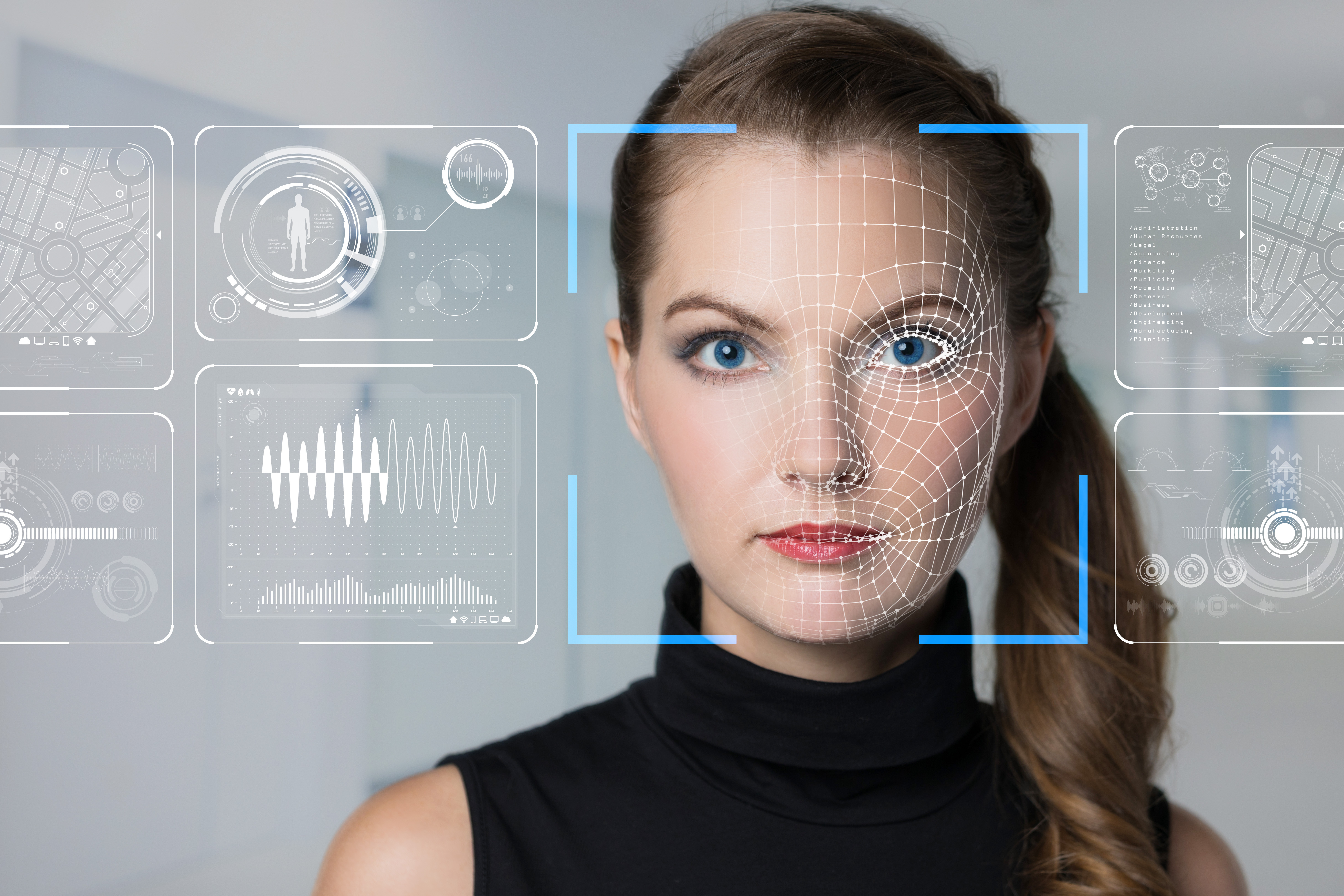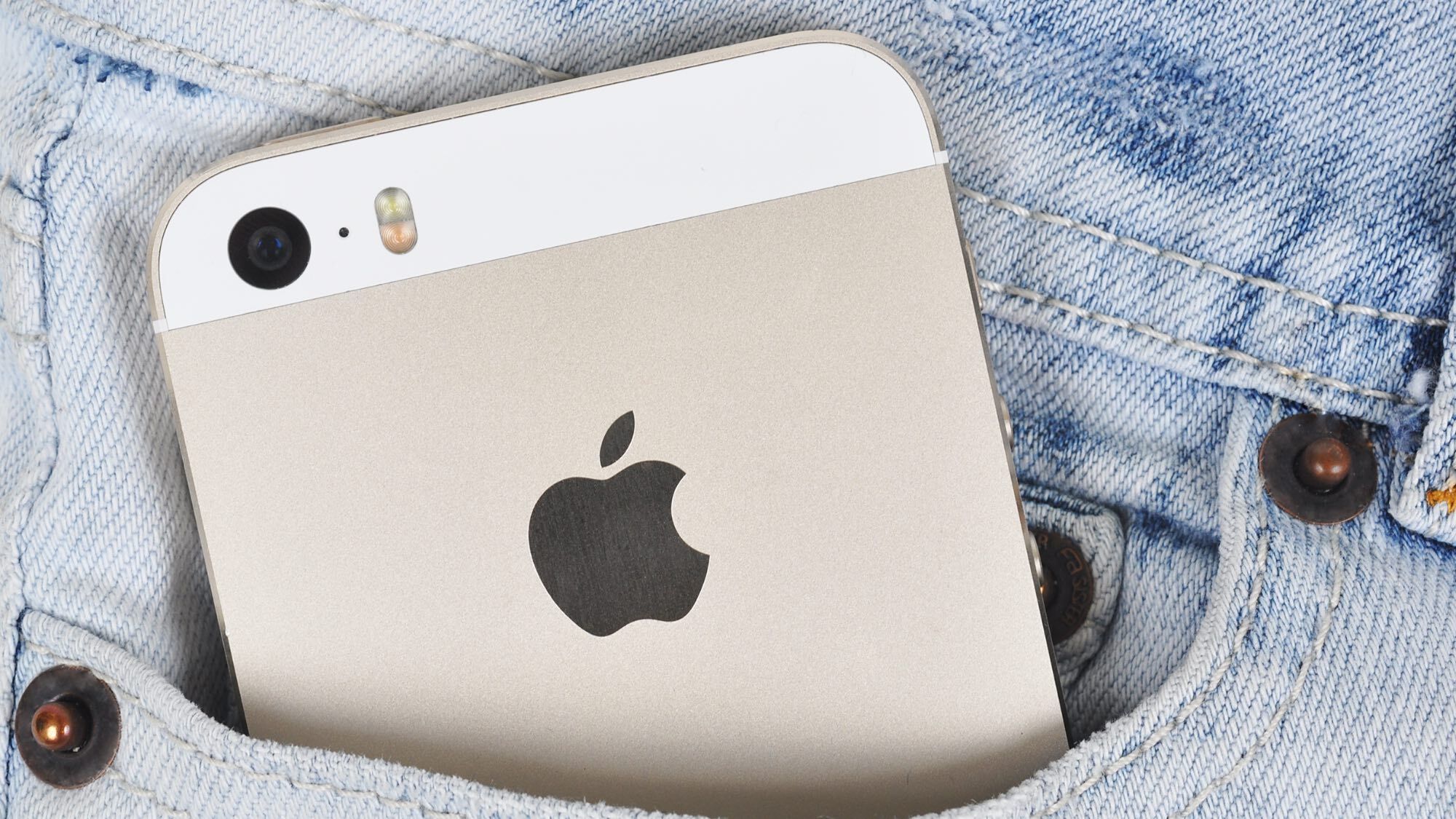ACLU sues Clearview AI over 'unlawful' facial recognition technology
Lawsuit accuses Clearview AI of violating Illinois privacy law

Facial recognition software provider Clearview AI has been hit with a lawsuit by the American Civil Liberties Union and several other organizations.
The lawsuit, filed in state court in Illinois, accuses the firm of violating state privacy laws over its use of facial recognition and biometric technology.
- VPN: secure your privacy with a virtual private network
- Best antivirus: our pick of the globe's best online security
- See also: Facial recognition is coming to more smart home cameras
As reported by CNN, the official court filings allege that Clearview’s technology violates the 2008 Illinois Biometric Information Privacy Act. According to the filing, the lawsuit against Clearview AI will put “a stop to its unlawful surreptitious capture and storage of millions of Illinoisans’ sensitive biometric identifiers.”
The court filing makes the case against the use of facial recognition technology, claiming that Clearview “will end privacy as we know it if it isn’t stopped."
It also states that “the capture and storage of faceprints leaves people vulnerable to data breaches and identity theft."
'Unwanted tracking and invasive surveillance'
The filing goes on to say that Clearview AI's technology can also “lead to unwanted tracking and invasive surveillance by making it possible to instantaneously identify everyone at a protest or political rally, a house of worship, a domestic violence shelter, an Alcoholics Anonymous meeting, and more.
“And, because the common link is an individual’s face, a faceprint can also be used to aggregate countless additional facts about them, gathered from social media and professional profiles, photos posted by others, and government IDs.”
Get instant access to breaking news, the hottest reviews, great deals and helpful tips.
This isn’t the first time that Clearview AI has been criticized over privacy concerns. In January, The New York Times reported that Clearview AI failed to get permission from individuals when it used over three billion social media and web images to improve its facial recognition system.
According to VentureBeat, Clearview AI’s technology is used by more than 2,900 organisations, including massive companies such as Walmart and Best Buy as well as law enforcement agencies like the FBI and Interpol.
Nicholas Fearn is a freelance technology journalist and copywriter from the Welsh valleys. His work has appeared in publications such as the FT, the Independent, the Daily Telegraph, The Next Web, T3, Android Central, Computer Weekly, and many others. He also happens to be a diehard Mariah Carey fan!
 Club Benefits
Club Benefits





